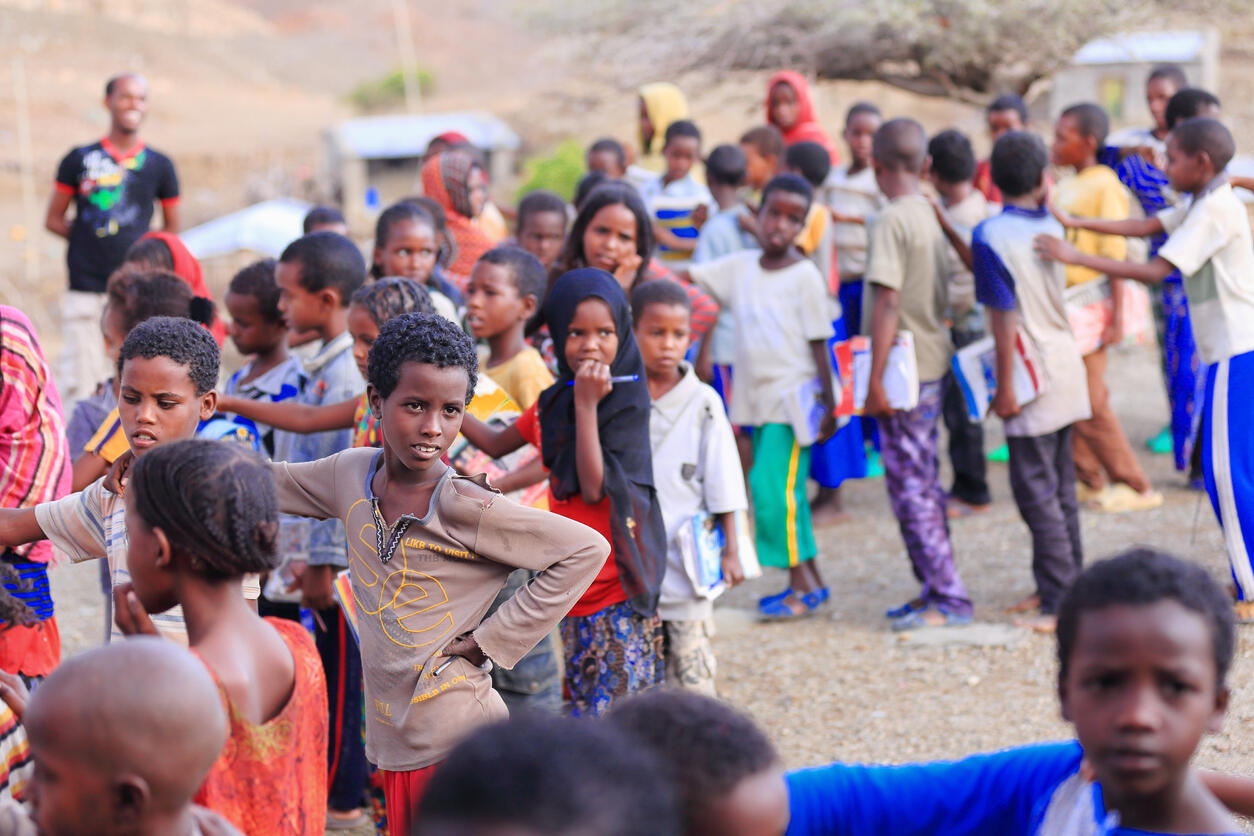
Should global government and philanthropic aid be invested in large public health deworming programmes in low- and middle-income countries? Doctors know intestinal helminths can be unpleasant, but should we be on a mission to “deworm the world”? Will this really help people living in these poor areas, in terms of weight gain, increases in blood haemoglobin, and better attendance and performance at school?
The “worm wars” debate has been raging for over 10 years. On one side, there are established global advocacy organizations continuing to raise funds to implement these programmes, distributing free deworming medicines to whole continents in pursuit of this goal, with development economists and parasitologists underpinning the argument. On the other, some academics have raised questions about the evidence base for these policies, originating from Cochrane and the first edition of a review in 2000. Cochrane reviews are independent rigorous summaries and appraisals of all the relevant research evidence around a topic, and there is a new edition out this week.
What is in this new edition? The review authors have consolidated the results, performing analyses that the critics have said hides true effects; they have added six new trials and responded to a 50-page published criticism of the review. The final result? The substantive findings are little changed from 2015. With now a total of over 50 trials including 84,336 participants, plus the additional trial of one million children: the team found no benefit for haemoglobin, cognition, school performance, and mortality. While weight studies carried out over 20 years ago showed large effects on weight, this has not been seen in the more recent, much larger studies.
LSTM’s Professor Paul Garner, who is an author on the review, said: “All the new trials are well conducted, and show little or no effect; studies conducted in isolated populations over 20 years ago should not be selected out to support current policies. Treat worms through health services - yes, but these data suggest donors and countries should re-assess policies for mass treatment”.
University of Liverpool’s Professor David Taylor-Robinson is an author on the review. He said: “People developing global guidelines should be clear on what basis deworming programmes are being promoted. Current evidence does not support large public health programmes of deworming in low- and middle-income settings, particularly in terms of wider, societal and educational benefit. Policymakers should consider the findings of our review and make their own minds up.”
This Cochrane Review was co-ordinated by the CIDG, which has its editorial base at LSTM. The CIDG has been in operation since 1994 and consists of over 600 authors from 52 countries and is supported by UK aid from the UK Government for the benefit of low- and middle-income countries (project number 300342-104).
Taylor‐Robinson DC, Maayan N, Donegan S, Chaplin M, Garner P. Public health deworming programmes for soil‐transmitted helminths in children living in endemic areas. Cochrane Database of Systematic Reviews 2019, Issue 9. Art. No.: CD000371. DOI: 10.1002/14651858.CD000371.pub7